God is truly blessing my vacation experiences. Less than two weeks ago the Upper Mississippi adventure and now this birthday weekend the surprises keep coming. I decided to drive to northern Michigan to see the band of highly talented young adults Good Morning Bedlam whom I saw in Marshfield, Wisconsin. The unique musicians/singers are led by a husband/wife powerhouse. The youngsters I knew nothing about fascinated me. I have been listening to them ever since. Investigating online I saw they put together a northern Michigan tour. Instantly, I knew it would be a perfect birthday gift to myself. With very little effort, I threw together a weekend road trip. In experience, it so far has proved stunning.
When I was visiting the Upper Peninsula, participating in a guided tour of Grand Island, the tour guide praised an ‘Old Growth Forest’ park in Grayling, Michigan: Hartwick Pines State Park. The state park is close to the Sunday afternoon concert, so I added it to the itinerary. Now the visit is complete. The park proved majestic as the gentleman mentioned, yet I found something unexpected. There is an impressive logging museum on the site. The historic museum was built in the 1930s by the Civilian Conservation Corps, a depression era federal government project providing jobless impoverished men jobs.
The museum does a thorough job of detailing and providing relics from the lumber industry that swept through Michigan. The intensive lumberjacking effort by a young United States is something marvelous to wrap one’s mind around. Beyond the lumber industry, the museum does an excellent job of allowing visitors to empathize and understand the lives of individuals. Sleeping quarters are on display as well as items of entertainment, the words to lumberjacking songs, details of the hazards, and the various jobs men worked. More than lumberjacks, there were teamsters, land surveyors—plotting and mapping territories, railroad men, river jockeys, blacksmiths, doctors and more. It was western Christian civilization advancing into the wilderness. There could be accusations of exploitation and other critical views, yet I do not like to judge history. It is what it is. We learn from it and grow. We don’t judge and cast dispersion upon those trying to survive, even if some were prospering dramatically beyond others. The lumberjack song pokes fun at the fact the company owners were the only ones getting rich. Hartwick Pines State Park was a thrill.
Then my second surprise enroute to the Good Morning Bedlam concert occurred as I search for a place to attend Mass. I found an intriguing shrine in Mio, Michigan I pursued. I rented a room at the Mio Motel—in fact I am typing right now on its charming balcony. Suffice to say, the Our Lady of the Woods Shrine turned out to be a blessing. Another gem built in previous times—the 1950s. I was able to attend an outdoor vigil Mass, while planning a morning Rosary tomorrow. Humble, friendly, small-town people. God is good. I am exhausted and going to try to organize photo galleries. I am still not pleased, though acknowledging improvement, with my website image offerings.
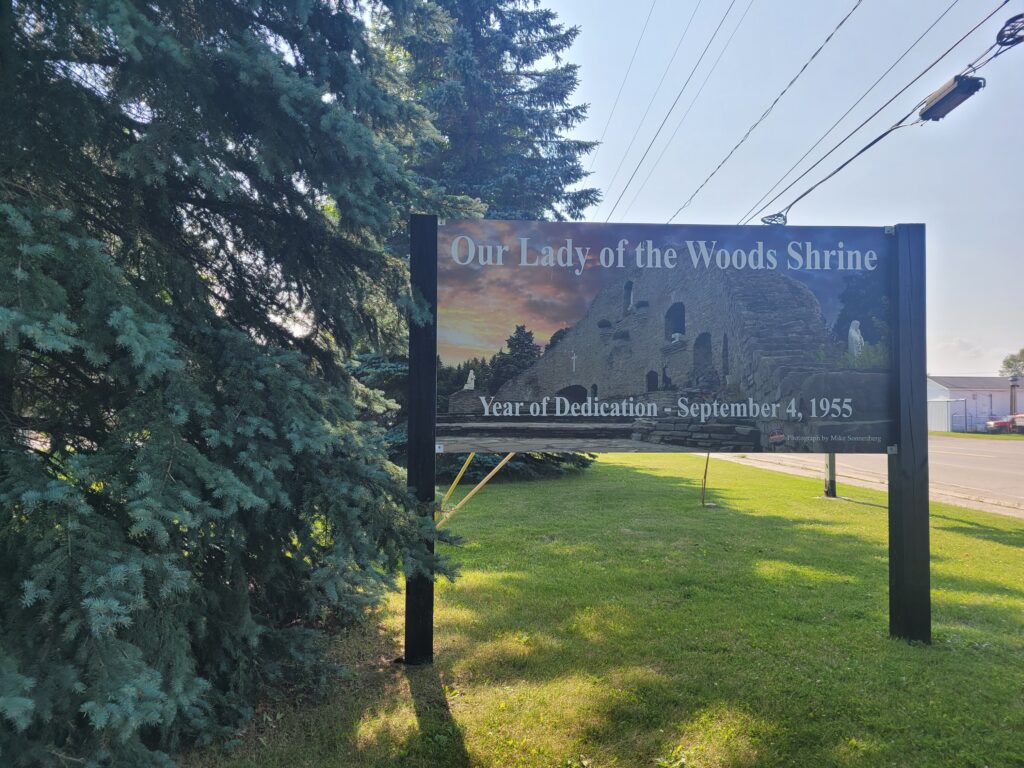
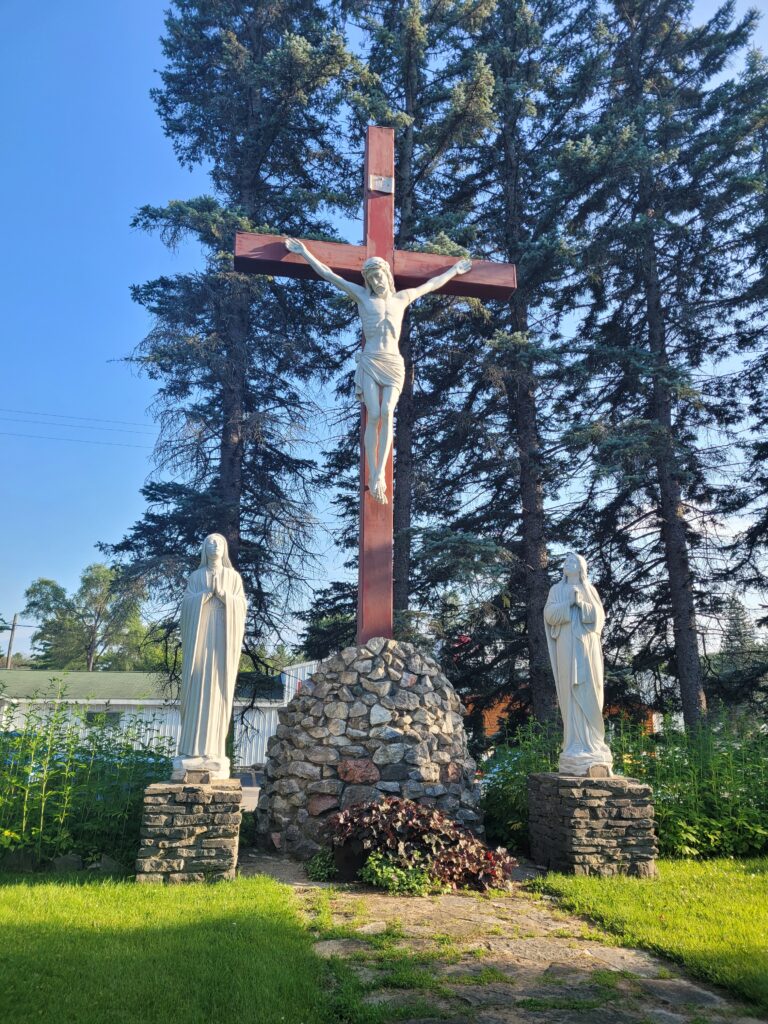
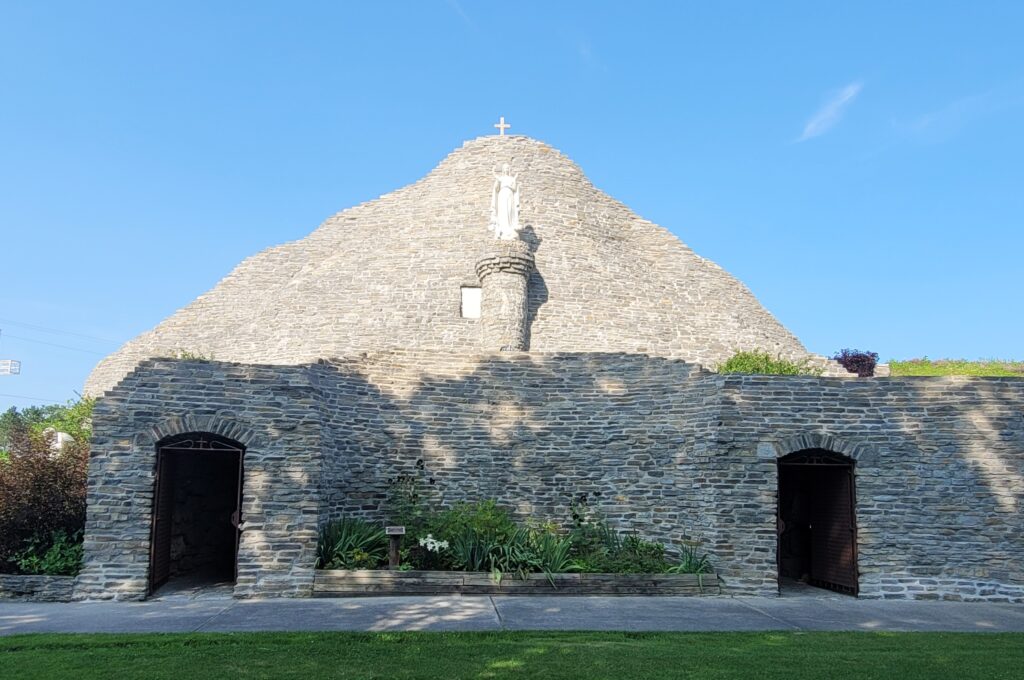
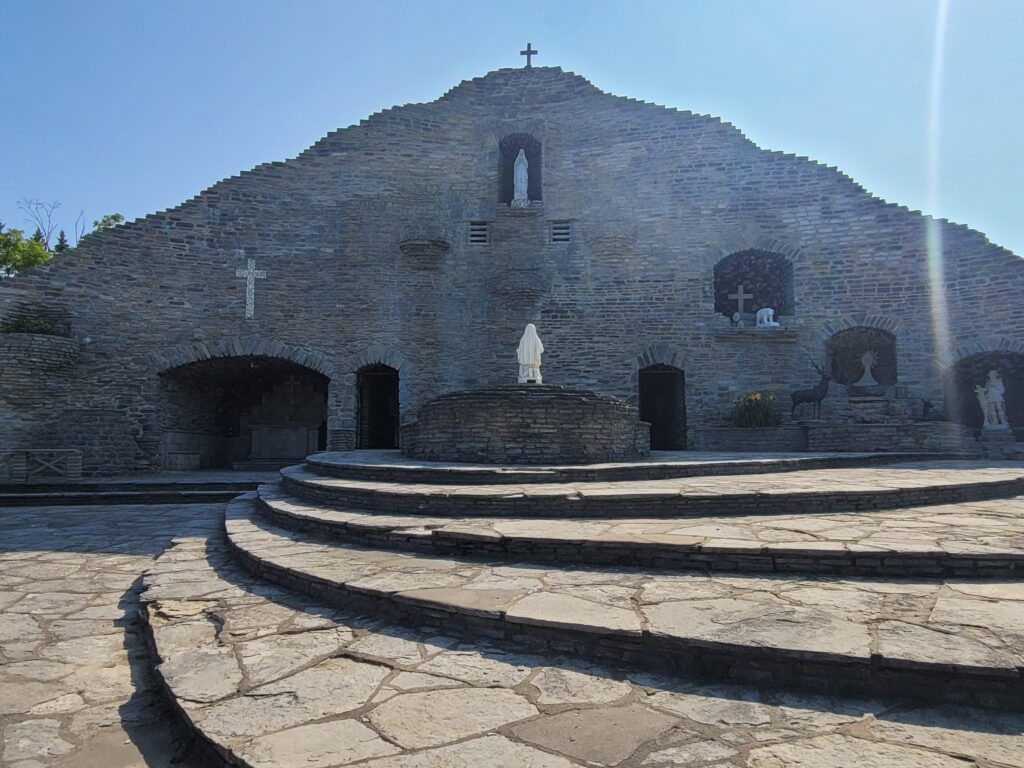
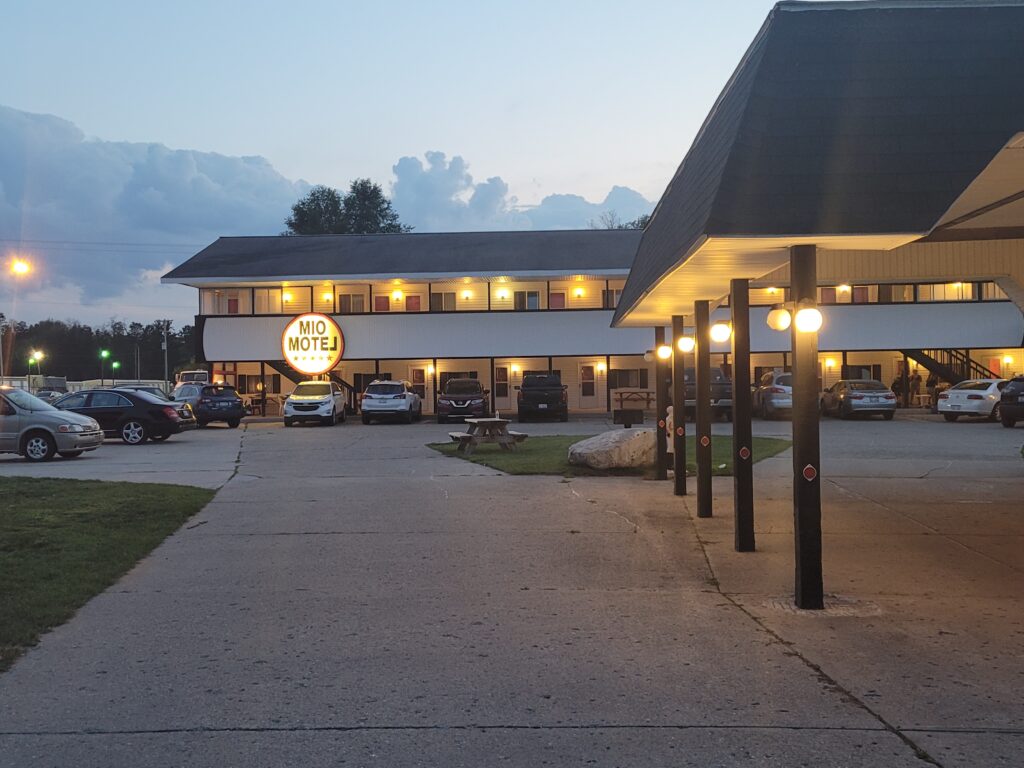
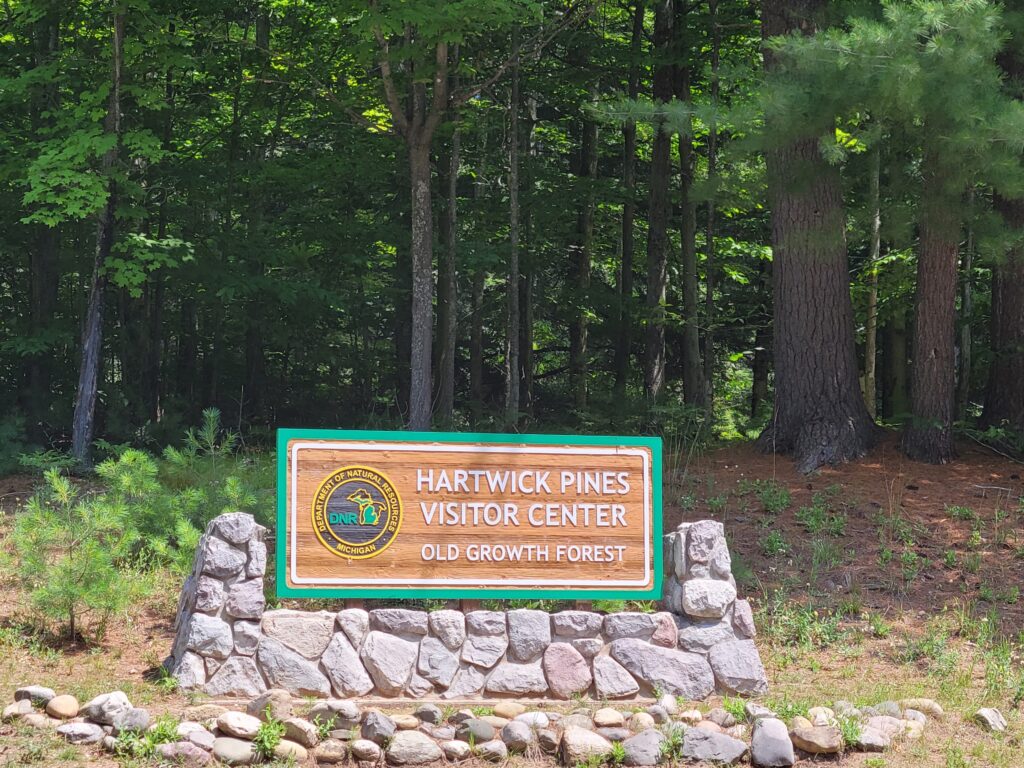
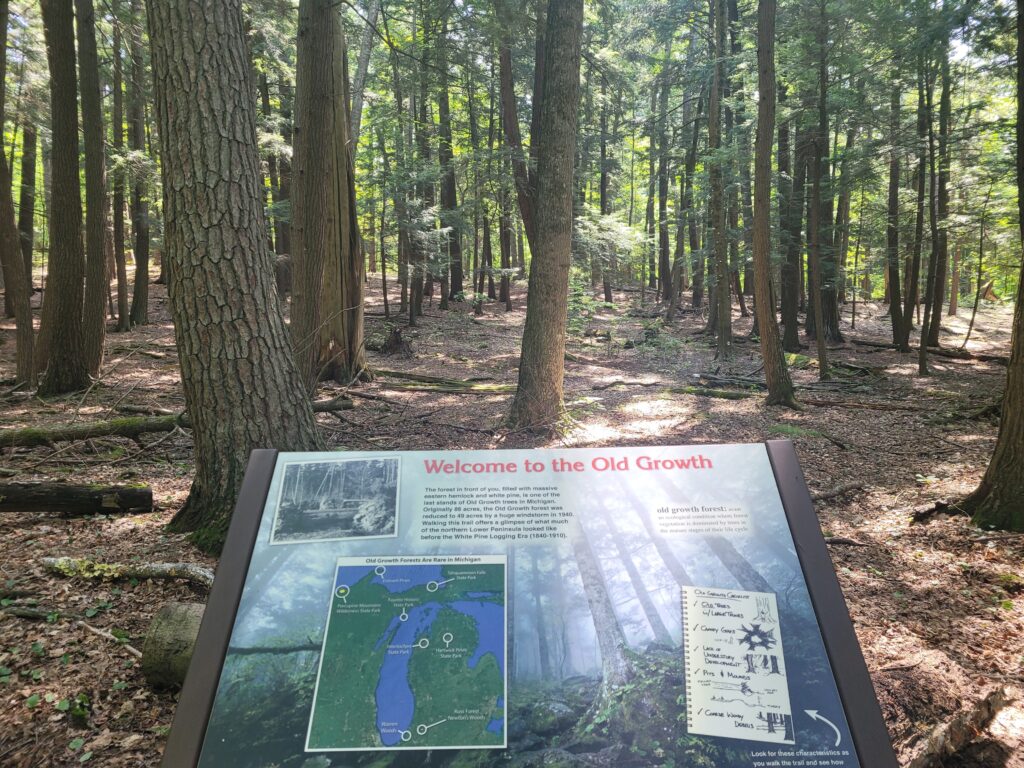
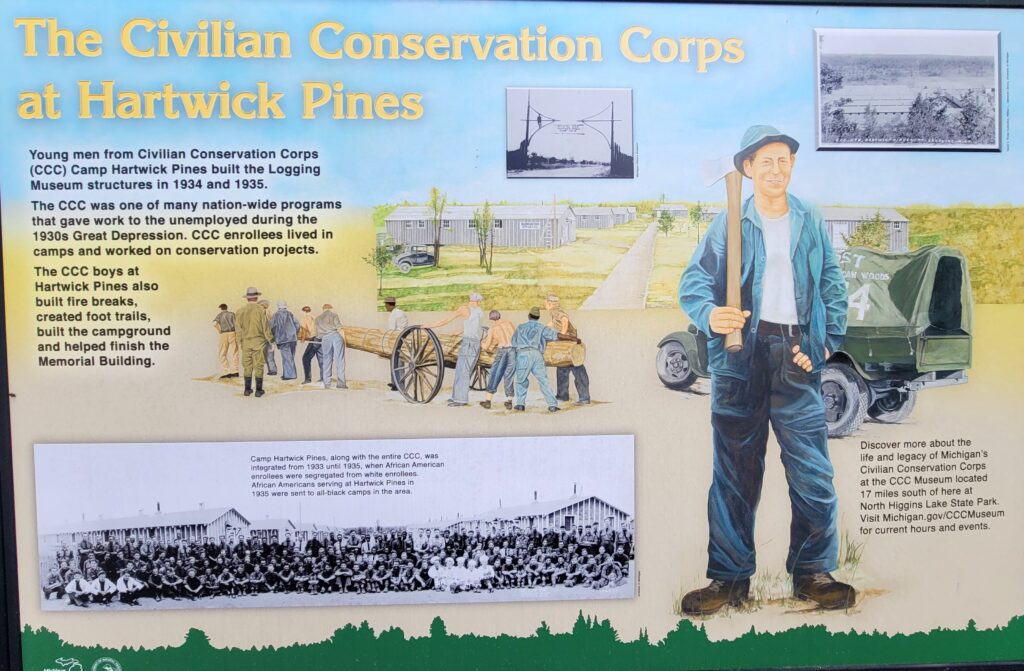
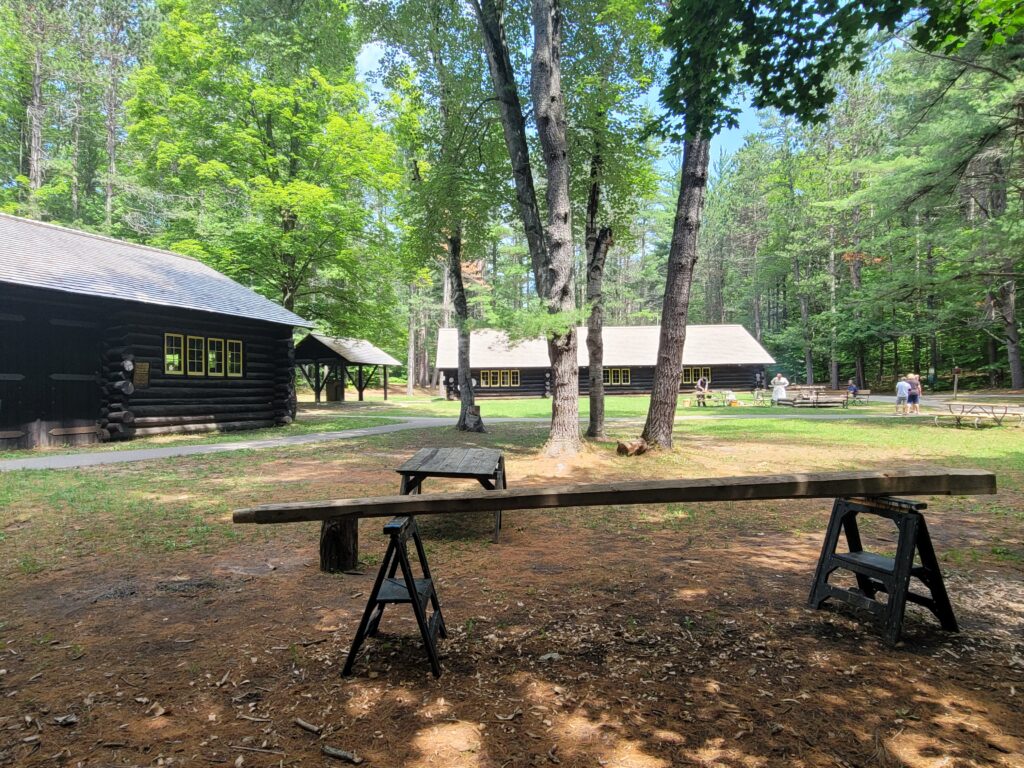
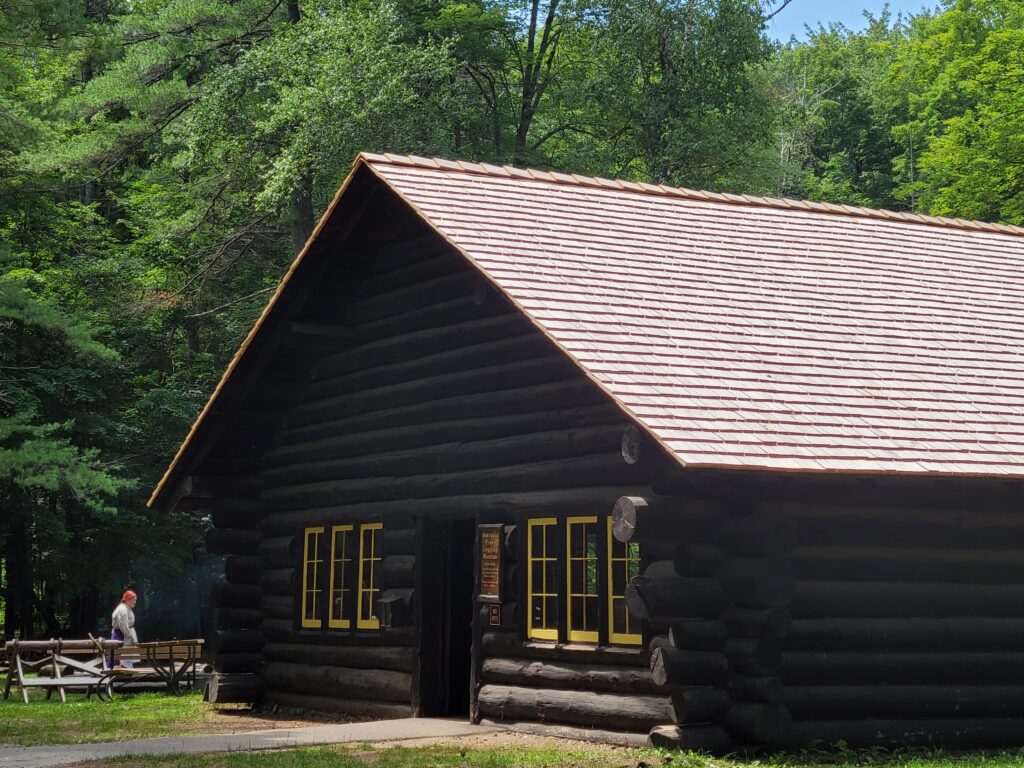


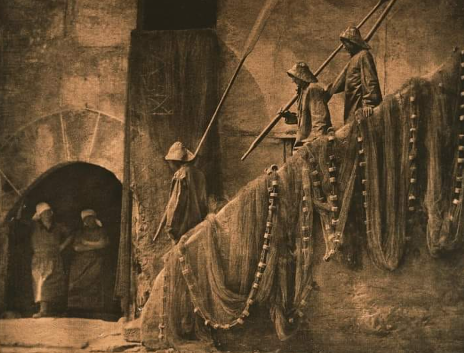

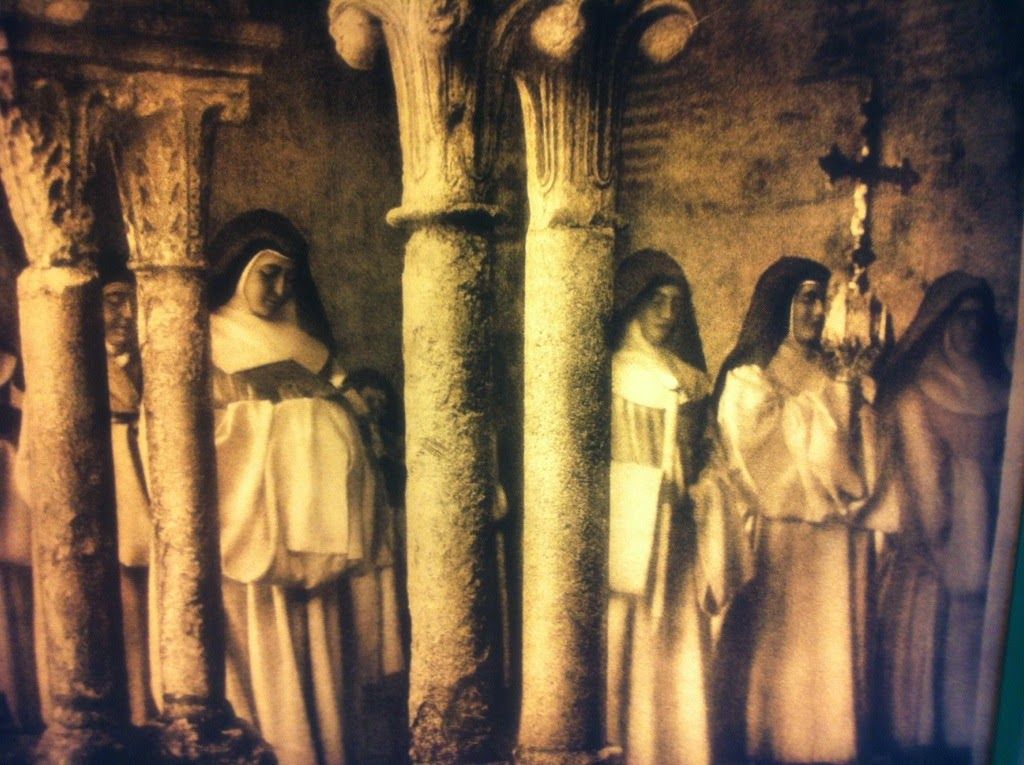
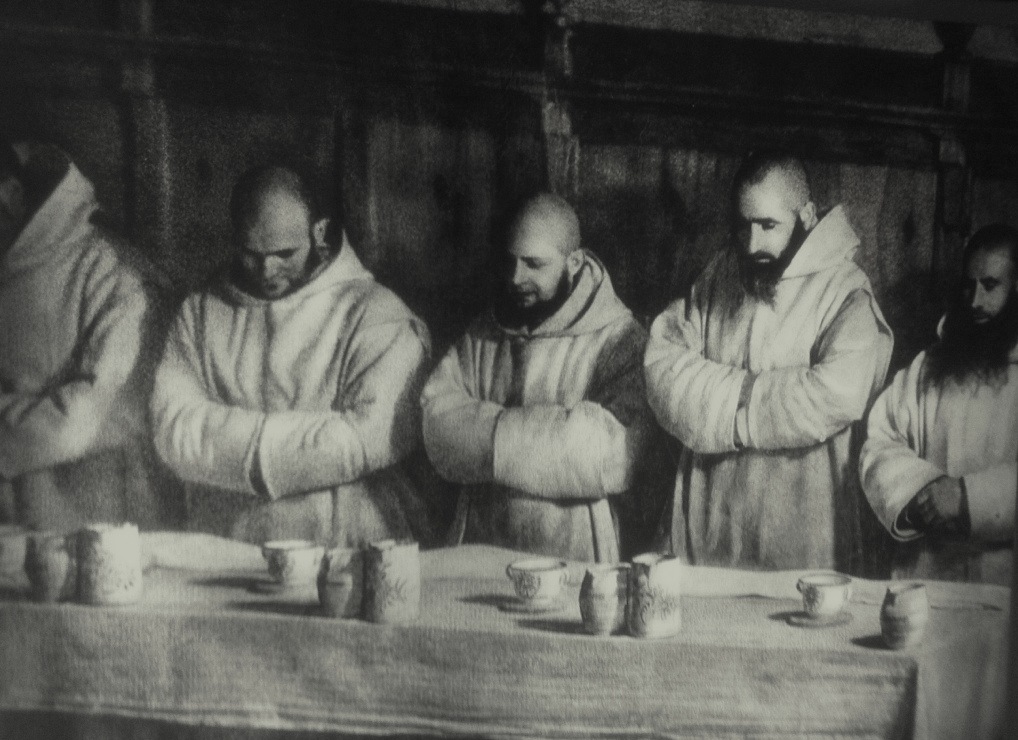
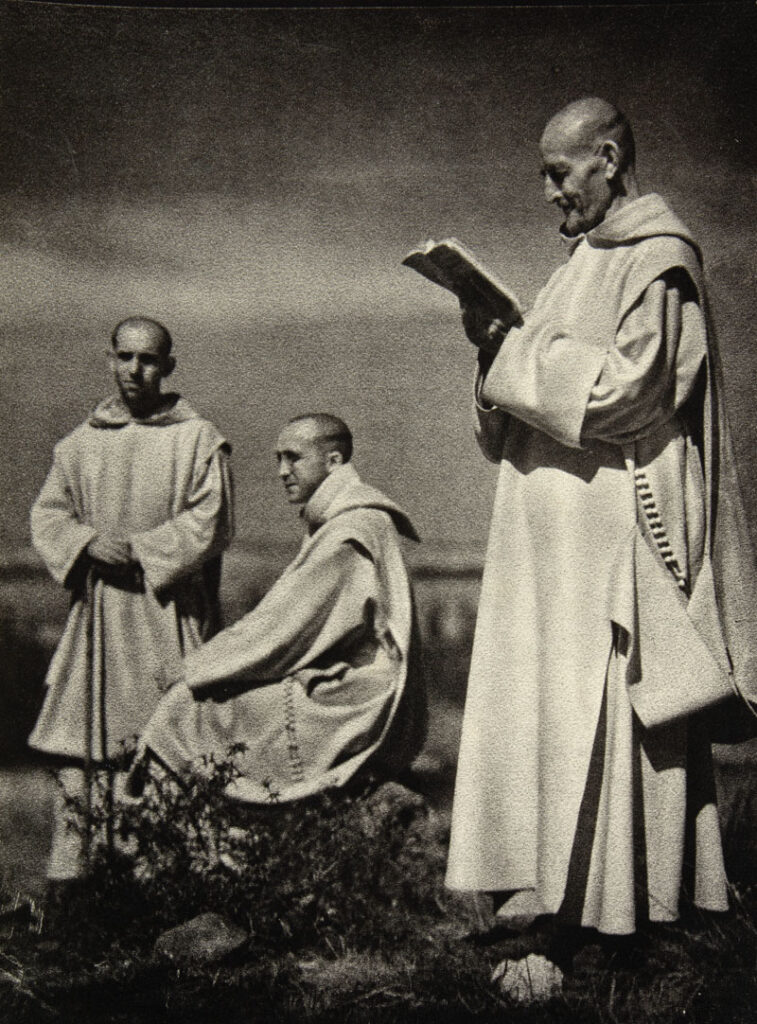
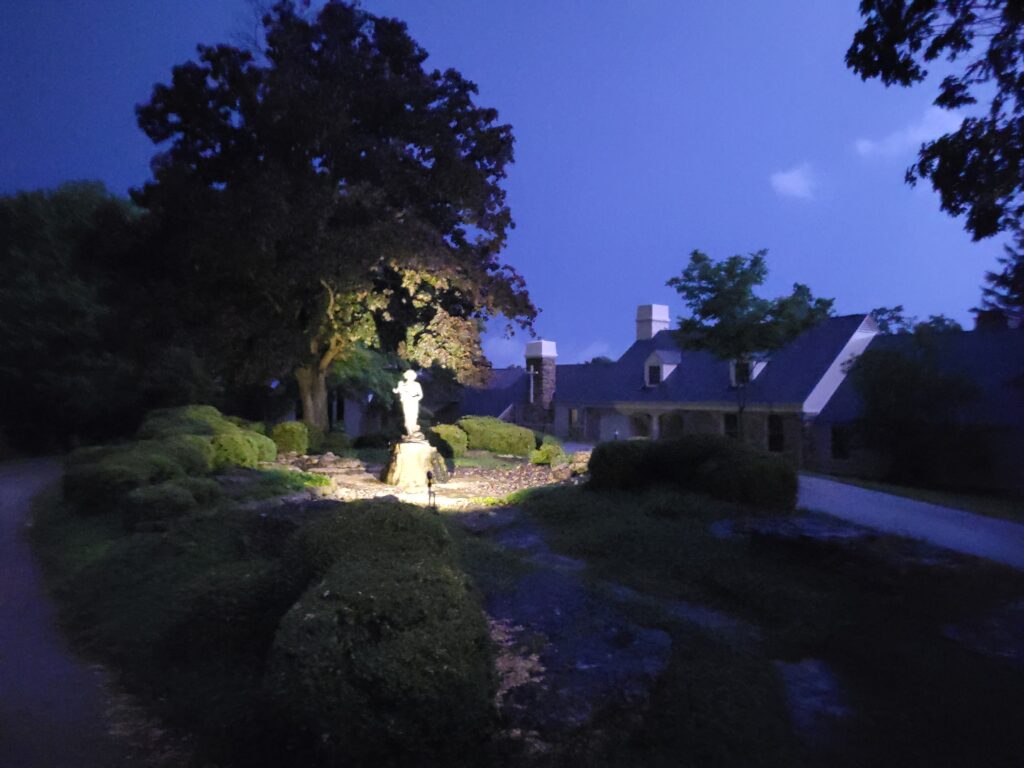
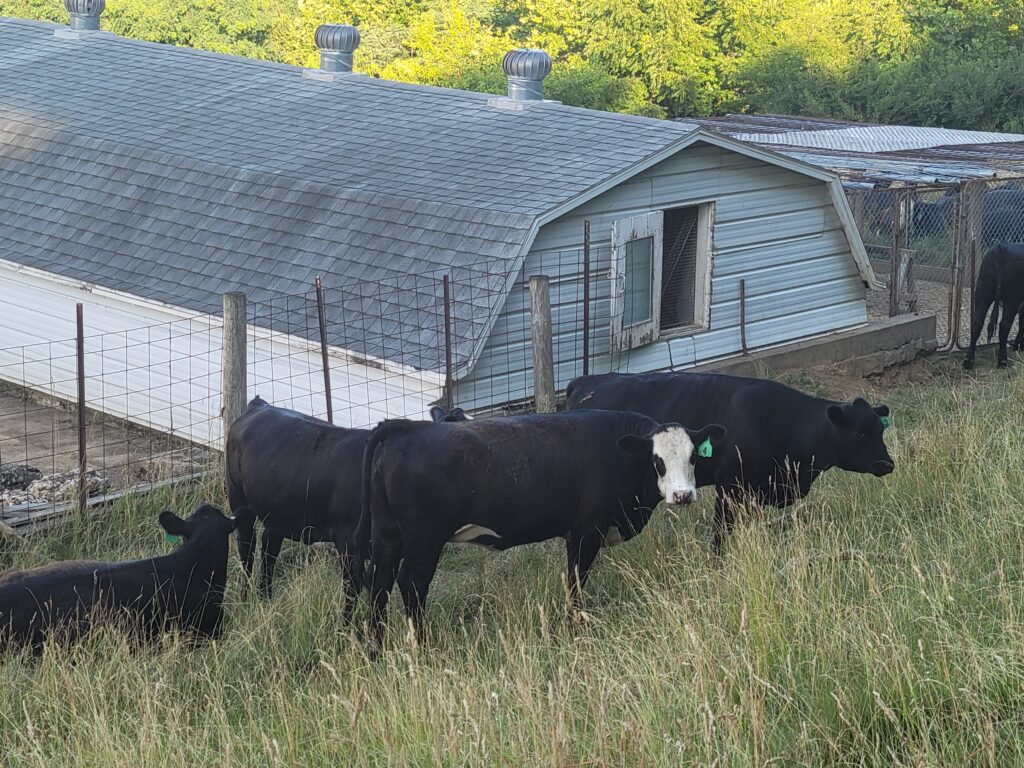
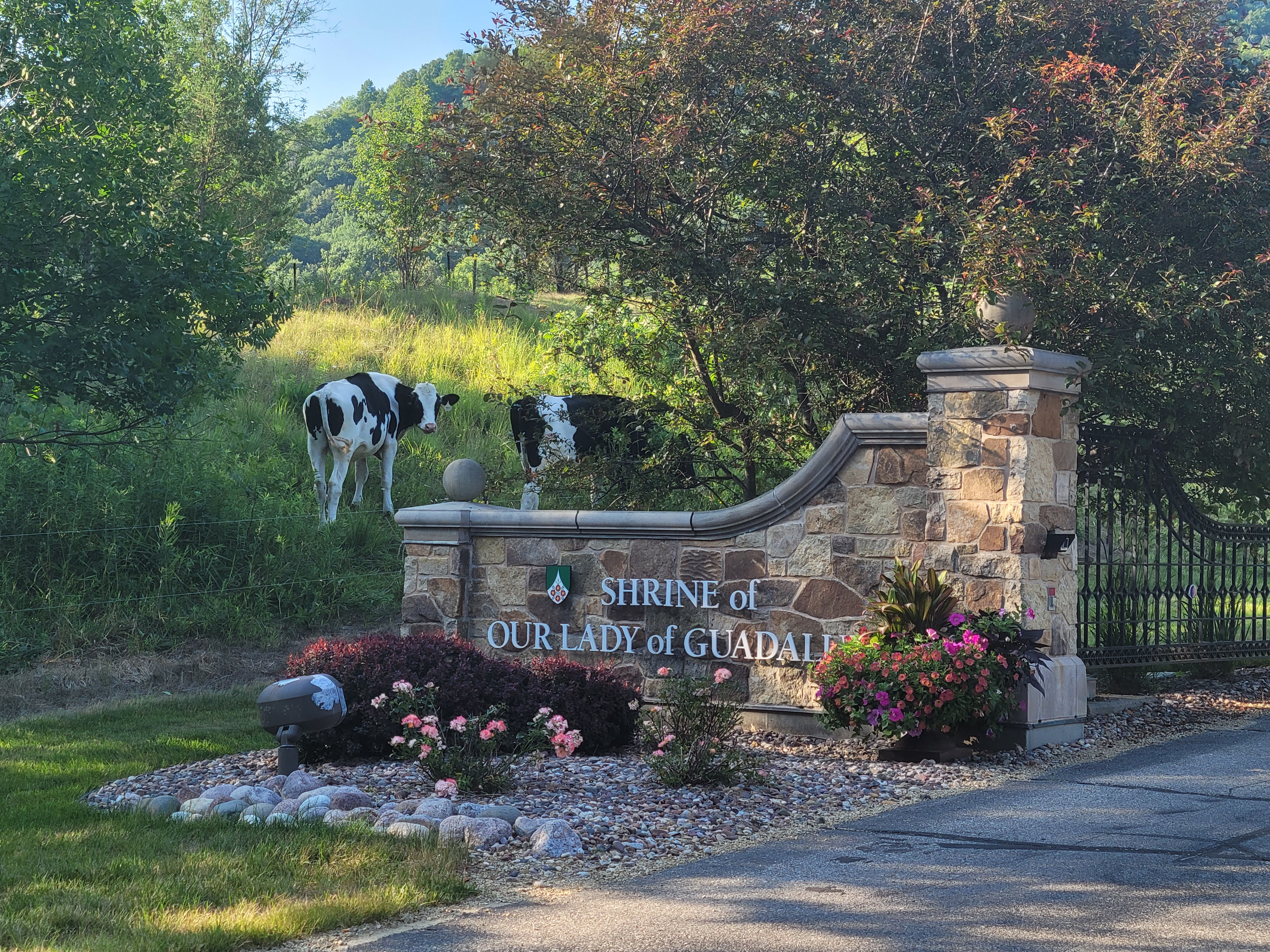
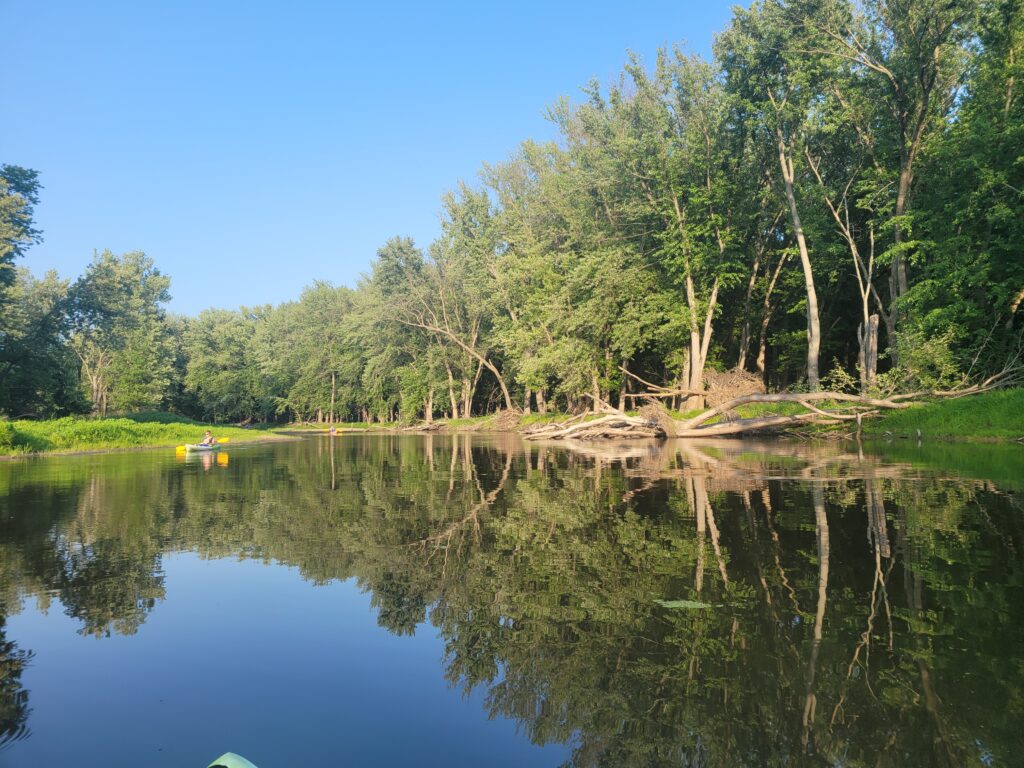
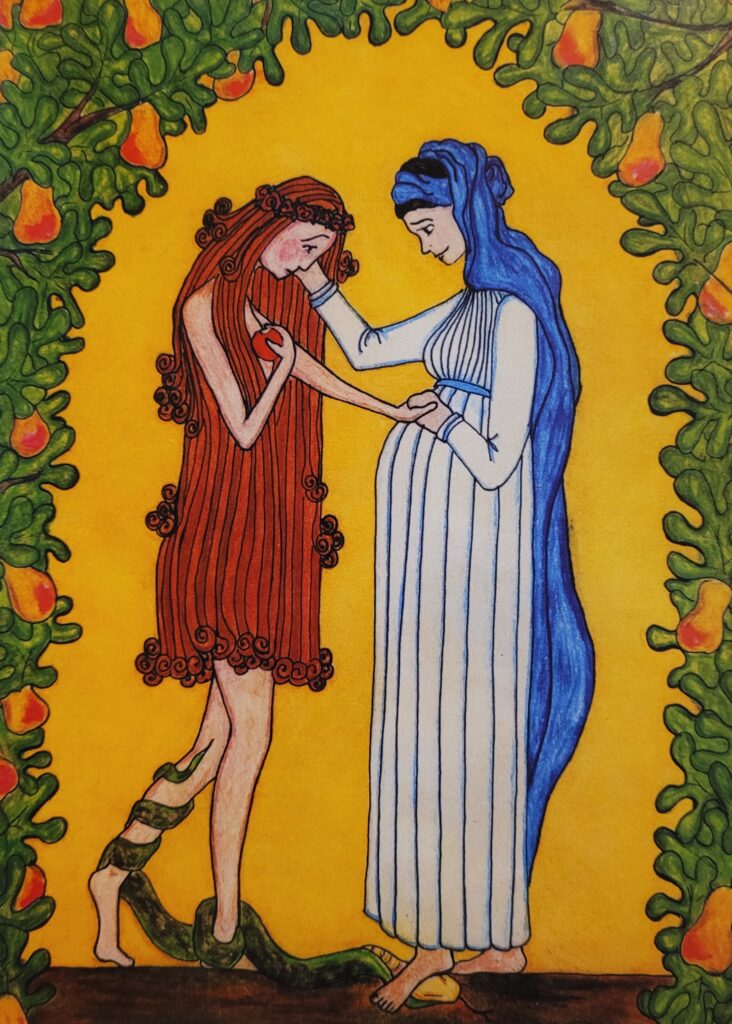
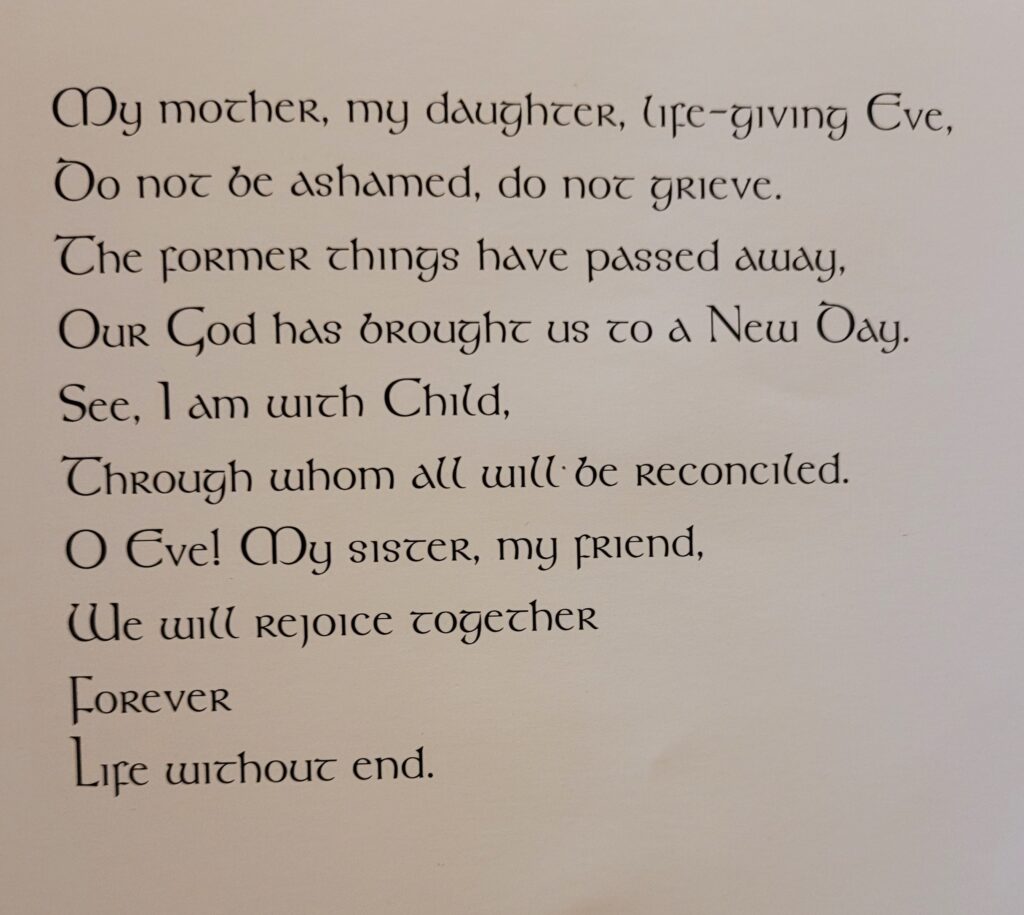
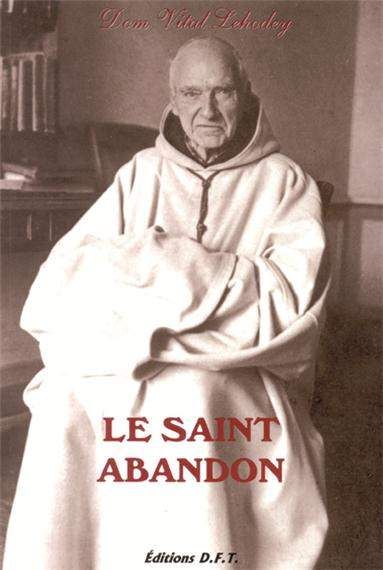
Recent Comments